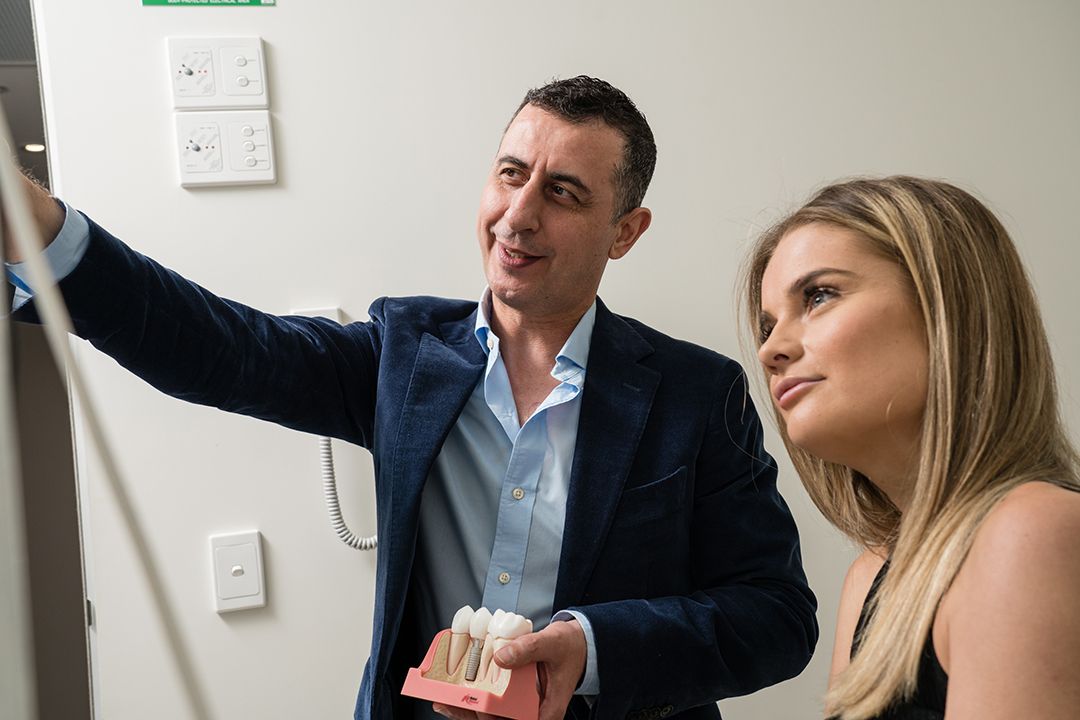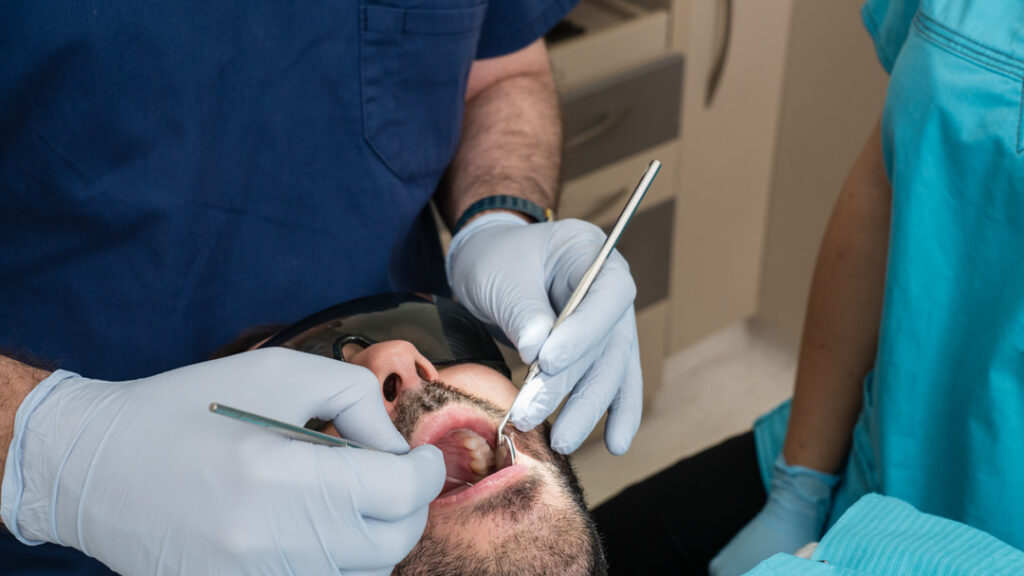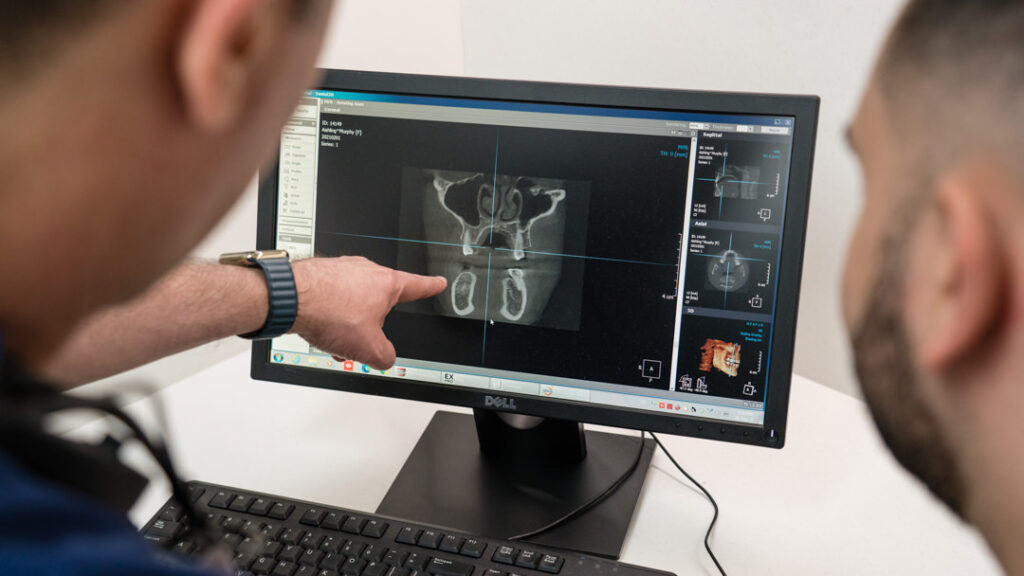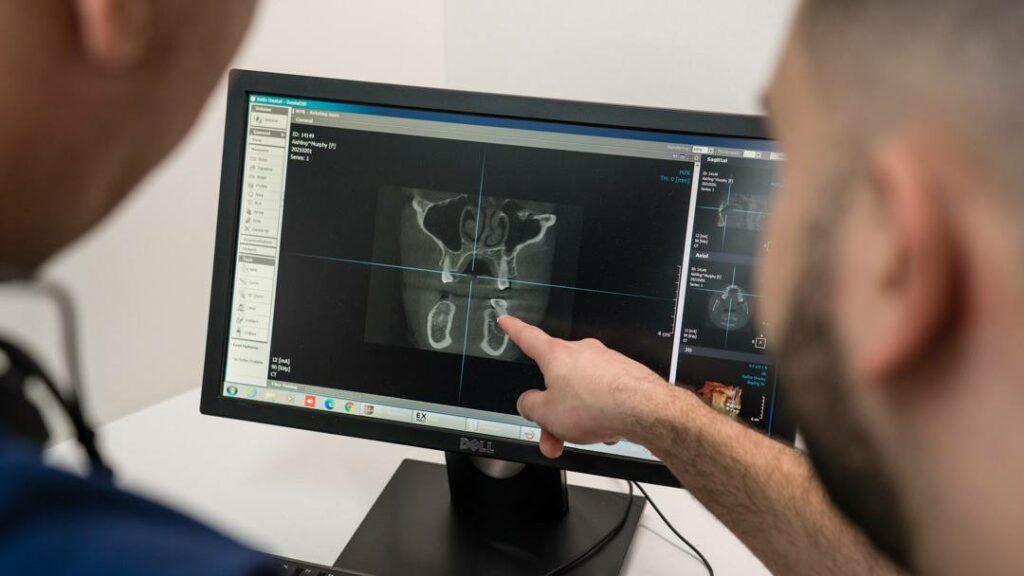
Do Dental Implants Hurt During Cold Weather
As the chill of winter approaches, you might find yourself wondering, ‘Will my dental implants start to ache as the temperatures drop?’
It’s a common concern that many people share, particularly those who have recently undergone the implant procedure. You may have thought about how factors such as temperature fluctuations and sensitivity might affect your comfort and oral health during those frosty months.
Understanding the Healing Process of Dental Implants
Dental implants are considered a safe and effective procedure, but like any surgical intervention, they also undergo a healing process.
This is where your body starts to accept the implant by allowing it to integrate with your jawbone healthily. It’s a crucial phase as it determines if your implant will be stable enough for its future function.
During this period, you might experience some discomfort or sensitivity due to changes in temperature. Cold weather can sometimes exacerbate these sensations because nerve tissues around the implant site may still be recovering from the procedure.
However, don’t fret too much about this. The nerves in an artificial tooth aren’t as sensitive as those in a natural one. Hence, while you may sense extreme temperatures initially during the healing process, it should become less noticeable over time as the area heals and adjusts to its new structure.
Factors Contributing to Discomfort or Sensitivity
You might find that factors like gum disease, bone recession, or nerve damage can amplify your discomfort or sensitivity in colder climates. These conditions often contribute to what you may experience as cold weather pains.
On another note, there are also other factors that may contribute to the discomfort, including the following:
- Cold weather conditions – Cold air can cause contraction of tissues around your dental implants, leading to discomfort and seasonal tooth pain.
- Nerve endings – The nerves in the tissue surrounding your dental implants can become more sensitive due to cold temperatures.
- Unhealed surgery site – If you’ve recently had a dental implant procedure, the surgical area may still be healing and could be more sensitive to cold temperatures.
- Gum disease or infection – If you’re suffering from gum disease or an infection near your implant site, this could cause increased sensitivity in response to chilling weather.
Keep these points in mind as potential triggers for any discomfort you experience with your dental implants in colder climates. It’s also essential to maintain good oral health habits and follow any post-procedure advice from your dentist. While dental implants mimic natural teeth remarkably well, they aren’t immune from feeling the bite of winter
Remember though – if you’re consistently experiencing dental implant pain regardless of temperature changes, it’s best that you consult with your dentist right away.
Strategies to Manage Discomfort During Cold Weather
Navigating through chilly seasons with dental implants doesn’t have to be a pain in the mouth, especially when you’re armed with effective strategies to manage potential discomfort. If your implants are causing cold weather pains, there’s no need to worry.
One of the best ways to counter this is by maintaining good oral hygiene; regular brushing and flossing can prevent plaque build-up, which often heightens sensitivity. Additionally, using toothpaste designed for sensitive teeth can also help alleviate dental implant sensitivity during cold conditions.
Another strategy involves avoiding extremely cold foods, beverages, or acidic foods that could exacerbate your sensitivity. You might find it beneficial to let things warm up slightly before consuming them. Also, a fluoride rinse or desensitizing gel may provide additional relief by strengthening your tooth enamel and reducing sensitivity.
If these strategies don’t bring relief or if the discomfort increases over time, it’s always smart to consult with your dentists as they can provide professional advice tailored specifically to your condition and needs.
Maintaining Oral Hygiene for Implant Health
After undergoing dental implant surgery, proper dental care becomes even more critical to prevent infections that could compromise implant health and cause discomfort, especially during cold weather.
Brushing twice a day with a soft-bristled toothbrush, flossing daily to remove food debris hidden between teeth and implants, and regularly rinsing with an antiseptic mouthwash are all effective ways to nurture good oral health.
Moreover, regular visits to your dentist for check-ups will allow for early detection of potential issues that might affect implant longevity.
It’s also important not just to focus on the implanted area but to remember that the condition of adjacent teeth can also influence implant health. The surrounding area still needs care like natural teeth do. So don’t forget to take good care of your gums as well; eat a balanced diet that supports oral health, avoid smoking, and limit alcohol intake.
By maintaining excellent oral hygiene habits in any season – cold weather or not – you’re taking significant steps towards ensuring the lasting success of your dental implant while simultaneously enhancing your overall oral well-being.
Seeking Professional Guidance and Support
So, do dental implants hurt during cold weather? There’s no one-size-fits-all answer.
While cold weather can sometimes cause discomfort in some patients with dental implants, each person’s experience may vary. It also depends on numerous factors like the healing process, oral hygiene, and underlying conditions. But remember, any discomfort is manageable with proper care and professional guidance.
When you’re unsure about how to best care for your implants, especially with changing seasons, it’s worth seeking advice and support from dental professionals. They have the knowledge and experience to guide you through any potential changes in your oral health due to fluctuating temperatures.
For instance, if you notice increased sensitivity when consuming cold foods or experiencing a sudden temperature drop, a dentist can analyze whether this is related to your dental implant surgery or an entirely different dental condition.
In addition, colder temperatures might cause tooth implant pain in some people due to the shrinkage of tissues around the implant area. By seeking professional guidance and support, they can advise on suitable pain management techniques or even adjust your treatment plan if necessary.
Keep in mind that maintaining open communication with your healthcare provider is key to ensuring your comfort and protecting the longevity of your dental implants.



